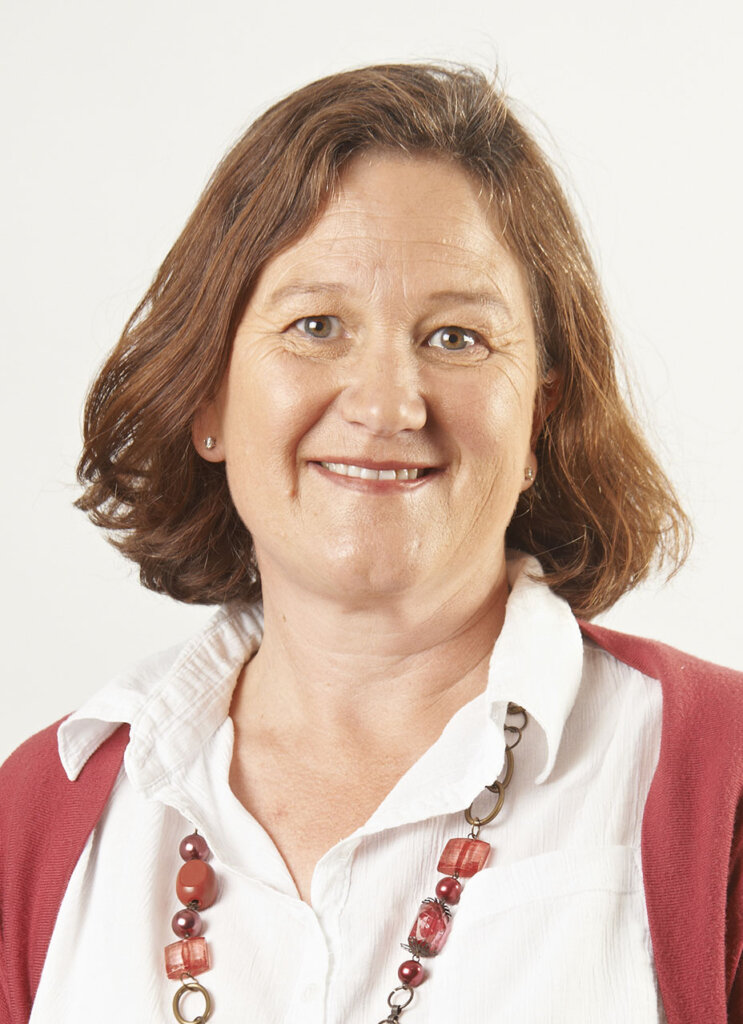As elected members of the Te Awamutu and Kihikihi Community Board, we bear the responsibility of making decisions that shape our town’s future. Our role involves weighing various factors, from safety to affordability, and considering both immediate benefits and long-term impacts. While we don’t have the final say, our recommendations carry weight and contribute to the larger decision-making process led by councillors.

Ange Holt
In a community like ours, where opinions flow freely, we often find ourselves aligning with the strong sentiments expressed by our residents. Most decisions are straightforward, guided by what benefits the community today and lays the groundwork for a better tomorrow. There is however a caveat: sometimes the loudest voices aren’t necessarily the majority, so taking people’s rationale into account is important.
There is also a common misconception in central and local government that suggests the silent majority (known as the “Voice of the Majority”) automatically supports proposed ideas by not participating – if they don’t respond they therefore must like it. Unfortunately, this is being used more frequently by politicians to support their decisions.
A report written by Rob Lawson (Professor in the Marketing Division at Otago University) and Janet Stephenson (Director of the Centre for Sustainability at the University of Otago) revealed that silence doesn’t equate to agreement. People refrain from participating for many reasons such as busyness, lack of interest, insufficient knowledge, they just want to remain neutral or believe the experts or passionate people will be able to make a better decision than they can. Some silent voices may indeed agree but just as many disagree.
We generally use submissions and public feedback which aren’t random and therefore not a true reflection of our entire community’s views —they’re influenced by various factors, such as submission bias. This can be based on people’s world views, what they personally stand to gain or lose, or some may be making their decision based on having the wrong understanding.
A possible solution to counter this bias is to run random polls for each major topic we seek feedback on and take these results into consideration in conjunction with the submissions. The benefit is that unlike submissions, a random poll of 100 people in Te Awamutu is statistically reflective of our population.
In the meantime, we encourage more community members to voice their opinions. Here’s how:
Speak Up: Whether you’re for or against an idea, share your thoughts. Your perspective matters.
Rationale Matters: When expressing your opinion, provide rationale. Why do you support or oppose a project? Your insights enrich the conversation.
Simplicity Wins: We understand busy lives. “Having your say” needn’t be onerous. Keep it simple—let us know what you think and why in a sentence.
We acknowledge there are council projects and issues that are hard to form an opinion on due to their complex nature and amount of information required to have a good understanding. Yet, even amidst busy schedules, your input matters. Whether it’s a Refuse Recovery Centre depot, park or road your voice shapes our community’s path.
Join us in shaping Te Awamutu’s destiny. Let’s build a resilient, sustainable future together.
Remember, the silent majority isn’t always what it seems. Let’s amplify all voices—loud and quiet—for a stronger, more inclusive community.








